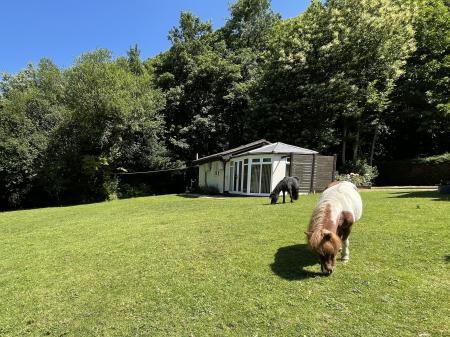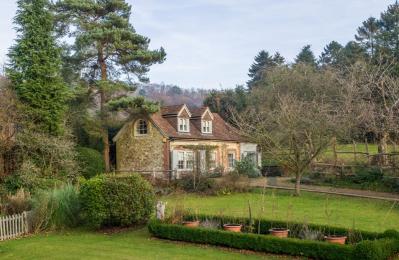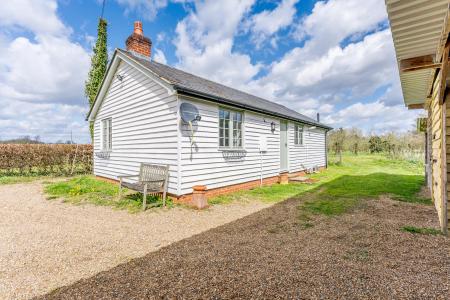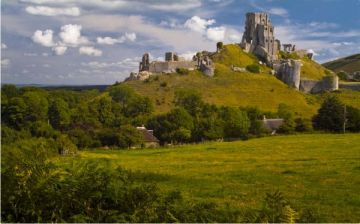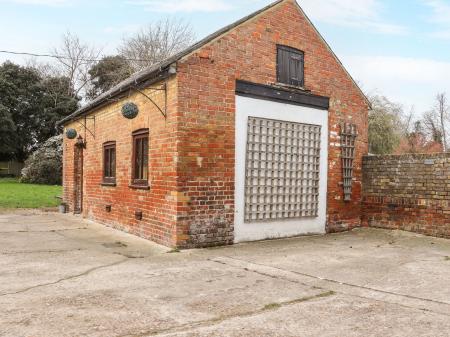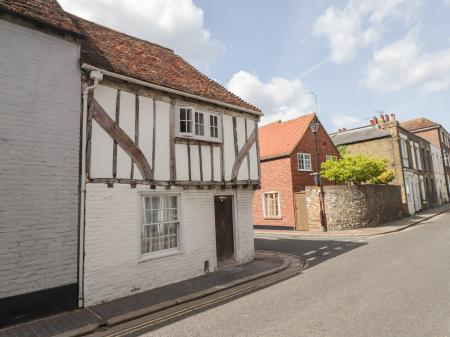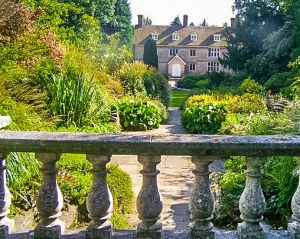
The gardens at Great Comp surround a picturesque 17th-century farmhouse, listed Grade II* for its historic interest. The house is built of lime-washed brick with stone dressings, and blocked up brick windows on the building's sides suggest a Tudor origin to the house. The interior features early 17th-century panelling and a late 17th-century staircase brought here from a farmhouse in Offham.
When Roderick and Joyce Cameron purchased the historic house in 1957 they decided to turn the grounds into a garden, beginning with 4.5 acres and later extended to 7 acres. They built an Italian garden, adding handmade 'follies' to create extra interest, using sand and stone from the garden itself. These 'ruins' are an important part of Great Comp, creating a focal point for exploring the gardens. A trio of classical urns, dubbed the 'Longleat Urn', 'Pope's Urn', and the 'Doulton Urn' act as focal points to emphasise points of view.
What to See
Near the manor house are formal gardens, while further away the sweeping lawns lead to a woodland area, where winding trails lead through beautifully planted trees and shrubs. Both formal and informal areas make careful use of statues and romantic follies to add interest to lush planting schemes.
Highlights of this densely planted plantsman's garden are over 30 varieties of magnolias, crocosmias, dahlias, and salvias. The magnolias and rhododendrons are at their best in spring and are underplanted with large drifts of bulbs and hellebores to add extra interest. In summer the warm colours dominate, especially the dahlias and fuchsias, mixed with ornamental grasses. But it's the salvias that are worth special mention; the gardens hold one of the finest salvia collections in Britain.
Roderick Cameron turned operation of Great Comp over to a charitable trust in 1992 and the Trust continues to maintain and develop the gardens. The Trust holds regular plant fairs as well as music and outdoor theatre events.
